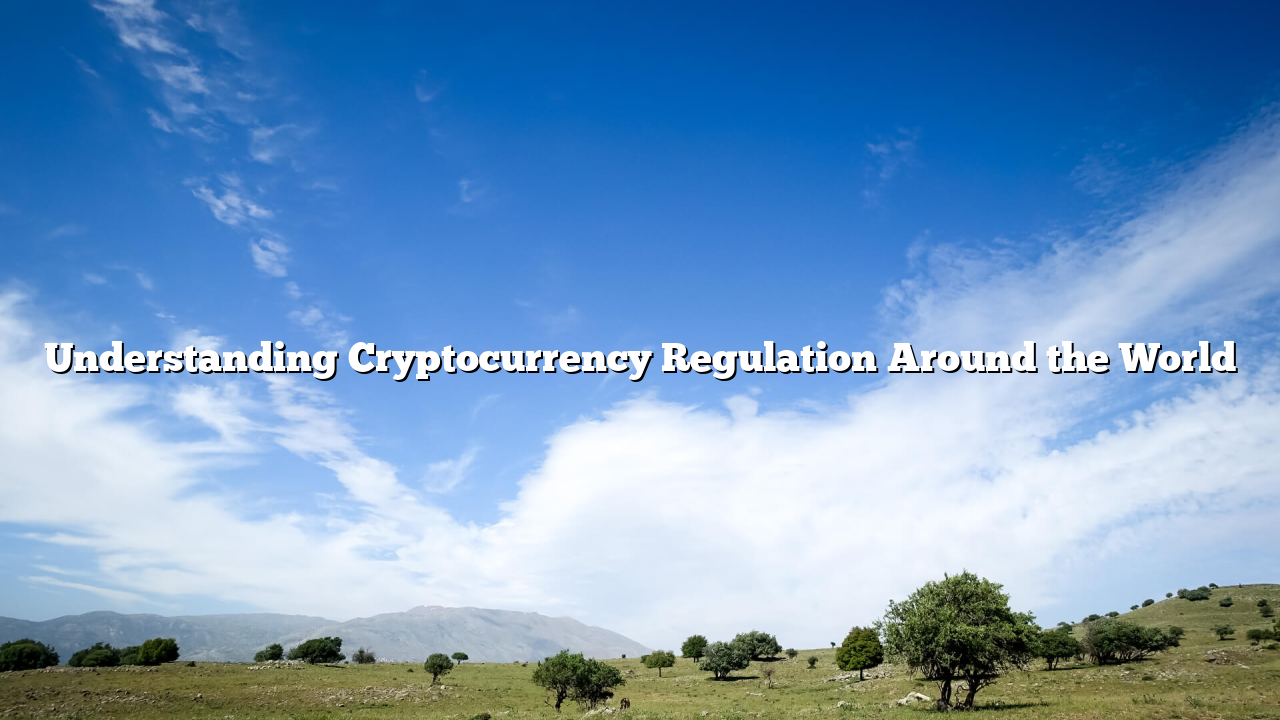Cryptocurrencies have evolved from a niche technology into a global financial phenomenon. However, as digital assets grow in popularity, governments worldwide are struggling to establish clear regulatory frameworks that balance innovation with betpaus protection against risks like fraud and money laundering.
In the United States, cryptocurrency regulation is fragmented. Agencies such as the SEC and the CFTC often overlap in their oversight, creating uncertainty for investors and startups. Meanwhile, the European Union has introduced the Markets in Crypto-Assets (MiCA) framework, designed to provide consistent rules across member states and boost consumer confidence.
Asian countries show mixed approaches. Japan recognizes cryptocurrencies as legal property and enforces strict licensing for exchanges. China, on the other hand, has banned most crypto transactions while promoting its own central bank digital currency. Singapore and South Korea adopt balanced models that encourage blockchain innovation under regulated conditions.
These variations highlight the global challenge: finding equilibrium between innovation and security. Too much restriction could stifle technological progress, while too little regulation invites financial instability.
For investors, understanding regulatory differences is crucial. Laws affect taxation, trading options, and even which tokens can be legally owned. As global cooperation grows, a more unified framework may emerge, allowing crypto to integrate safely within the broader financial system.
